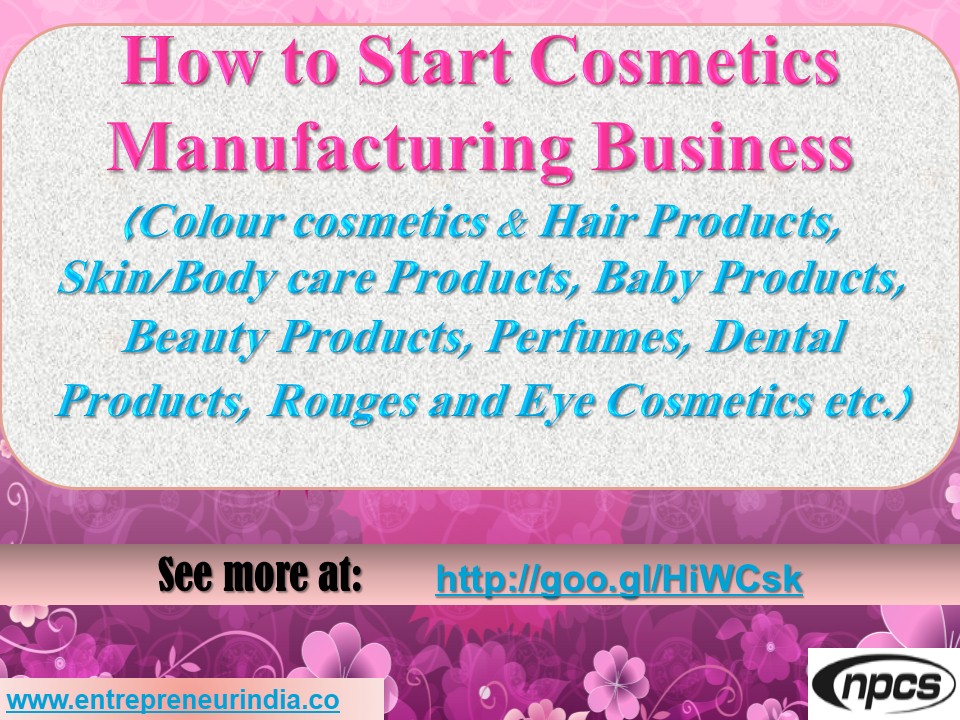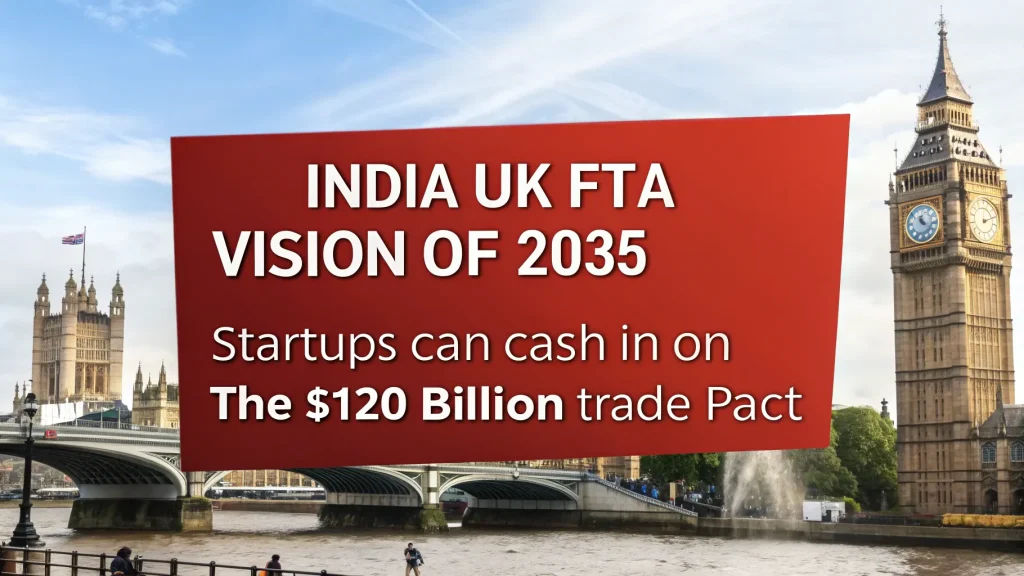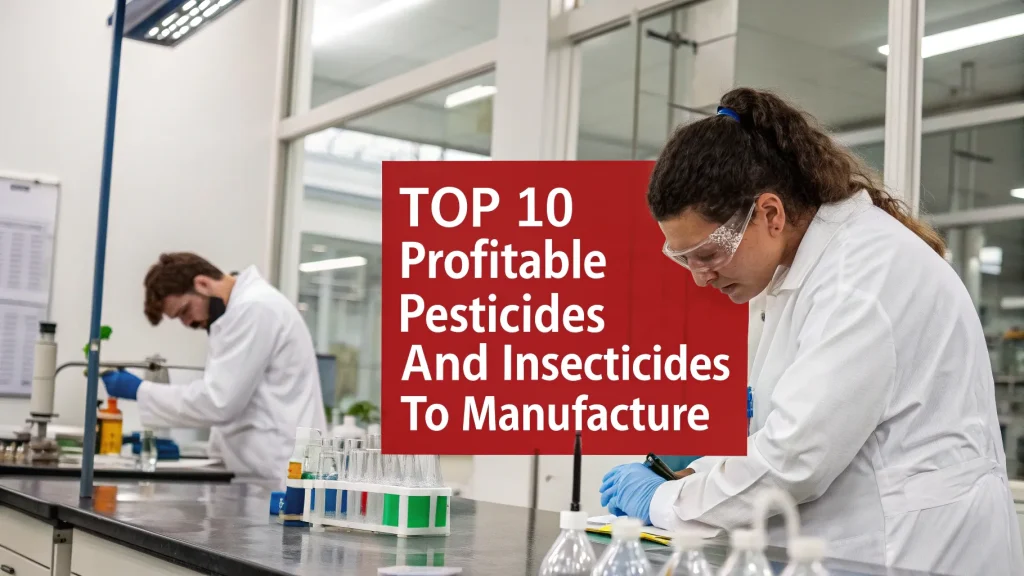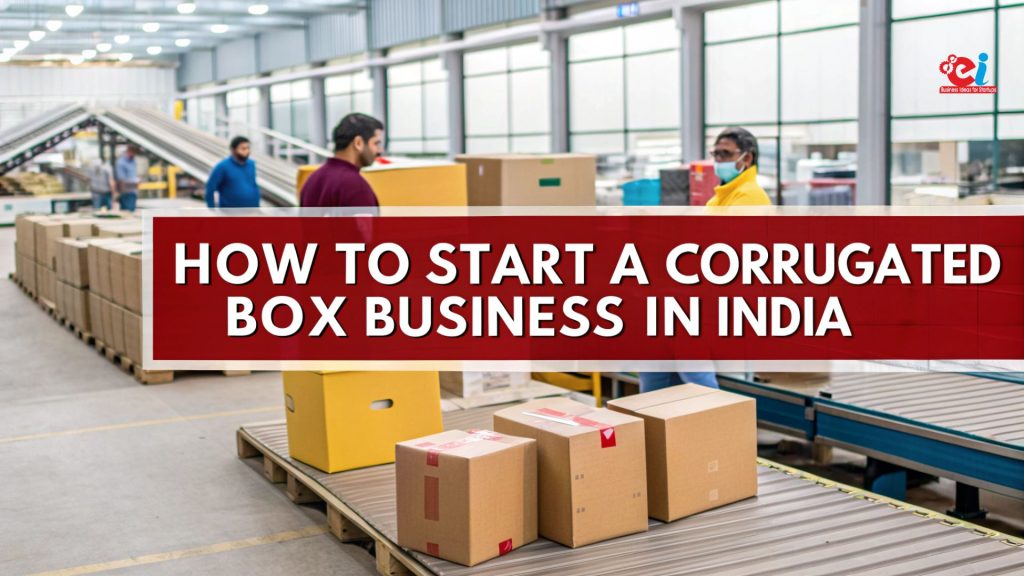
The cosmetics industry in India is experiencing explosive growth, driven by increasing disposable incomes, beauty awareness, and rising demand for natural and organic products. Starting a cosmetics manufacturing business can be a highly rewarding venture with a wide range of product opportunities—from colour cosmetics to hair care, skin care, baby care, and even perfumes and dental products. As consumer preferences shift toward safe, effective, and sustainable beauty solutions, manufacturers with innovative ideas and quality offerings can tap into a highly profitable market. Whether you aim to create a niche herbal brand or a full-fledged beauty product line, understanding the fundamentals is the first step.
Starting Your Own Cosmetics Manufacturing Business
Entering the world of cosmetic production requires careful planning, compliance with regulations, and a deep understanding of your product line. The beauty and personal care market is competitive, but it’s also ripe with opportunities for entrepreneurs who prioritize quality, branding, and compliance.
Market Overview and Demand
India’s beauty and personal care market was valued at over $26 billion in 2024 and continues to grow at a steady pace. Rising urbanization, the influence of social media, and awareness of self-care have led to increased demand for premium and mid-range beauty products. In particular, colour cosmetics, organic skin care, and customized beauty solutions are leading categories.
Key growth drivers:
-
Increasing youth population and working women
-
Demand for natural, paraben-free, and cruelty-free products
-
Expansion of e-commerce and influencer marketing
As a result, now is the ideal time to launch your cosmetics manufacturing business.
See Also – Meat Processing
Colour Cosmetics: Lipsticks, Foundations, Eye Shadows
Colour cosmetics include makeup products like foundations, lipsticks, nail polishes, eye shadows, eyeliners, and blushes. These products require precise formulation, vibrant pigment quality, and skin safety.
Manufacturing essentials:
-
Base materials like waxes, oils, pigments
-
Emulsifiers, preservatives, and colorants
-
Equipment such as mixers, grinders, and filling machines
You’ll also need to comply with BIS (Bureau of Indian Standards) specifications and the Drugs and Cosmetics Act for safe formulations. Packaging plays a crucial role here, so invest in attractive and hygienic containers.
Hair Care Products: Oils, Shampoos, Conditioners, Styling Products
Hair care is a vast segment with products catering to various hair types, concerns, and styling needs. Ayurvedic and herbal solutions have especially gained popularity in recent years.
Common products include:
-
Hair oils (coconut, almond, amla)
-
Shampoos and conditioners
-
Hair masks and serums
-
Hair styling gels, sprays, and wax
For manufacturing, a blending and heating system is essential, especially for oil-based products. Natural extracts, essential oils, and silicones are common raw materials. Labeling ingredients accurately ensures customer trust and regulatory compliance.
Skin and Body Care Products
This segment includes everything from moisturizers and face washes to body lotions, sunscreens, and anti-aging creams. With more consumers looking for dermatologically tested and eco-friendly skin care, the opportunity is immense.
Popular categories:
-
Face creams, cleansers, and scrubs
-
Body lotions, massage oils, and body butters
-
Serums, toners, face masks
Emulsification techniques, pH balance, and shelf-stability are crucial in manufacturing these products. Use of certified organic ingredients and minimalist packaging adds appeal to modern consumers.
Baby Products: Lotions, Creams, Oils, and Powders
Manufacturing baby cosmetics demands extra care regarding ingredient safety and dermatological testing. The market for baby products includes:
-
Talcum powders
-
Gentle shampoos and body washes
-
Baby oils and moisturizers
-
Rash creams and diaper care products
These formulations must be free from harsh chemicals, synthetic fragrances, and parabens. As a result, your facility should maintain higher hygiene standards and undergo third-party testing to ensure safety for sensitive skin.
Perfumes and Fragrances
Perfume manufacturing involves blending essential oils, aromatic compounds, and solvents like ethanol. The fragrance category includes:
-
Perfume sprays
-
Roll-ons
-
Body mists
-
Deo sticks
You can create signature scents or offer affordable fragrance lines. A small setup can start with manual blending and bottle filling, later expanding to automated systems. Remember to follow labeling and alcohol content regulations under local excise laws.
Dental Products: Toothpaste, Mouthwash, Tooth Powders
Dental cosmetics merge functionality with freshness and taste appeal. With rising demand for herbal and fluoride-free products, entrepreneurs can target a health-conscious customer base.
Products include:
-
Herbal toothpaste
-
Mouthwashes (alcohol-based or herbal)
-
Tooth powders and gels
You will need mixing tanks, tube filling machines, and sterilized production zones. Compliance with FDA standards and safety testing is mandatory for oral care products.
Rouges and Eye Cosmetics
These are specialized cosmetic items that require careful pigment control and skin compatibility. Products like blushes, highlighters, mascaras, and eyeshadows require specific binders and dispersing agents.
Formulation focus:
-
Smooth texture and long-lasting wear
-
Hypoallergenic and ophthalmologically safe
-
Non-toxic colorants
Due to the sensitive application areas (like eyes), the testing standards are stricter, and your production facility must meet specific cosmetic GMP (Good Manufacturing Practices) guidelines.
Regulatory and Licensing Requirements
Before starting your cosmetics manufacturing business, it is essential to meet all legal requirements. In India, the Drugs and Cosmetics Act, 1940 governs the manufacture and sale of cosmetic products.
You will need:
-
Cosmetic manufacturing license from State Drug Control Department
-
BIS certification for selected products
-
Pollution control clearance
-
Factory license and registration under MSME/Udyam
Labeling must include ingredients, batch number, expiry date, and manufacturer details as per Legal Metrology rules.
Machinery and Setup Requirements
The scale of your business determines your initial investment. A small-scale setup can begin with semi-automatic equipment, while large-scale operations need full automation.
Essential machinery:
-
Mixing and blending tanks
-
Homogenizers
-
Filling and sealing machines
-
Labeling and batch coding units
-
Quality testing lab equipment
Ensure your layout includes clean rooms, storage areas for raw materials and packaging, a laboratory, and a production floor.
Raw Materials and Suppliers
The quality of raw materials affects both the performance and safety of cosmetics. Partner with verified suppliers for ingredients such as:
-
Waxes, butters, and oils
-
Fragrances and essential oils
-
Surfactants and emulsifiers
-
Active ingredients (like Vitamin C, Hyaluronic acid, SPF)
Also, source high-quality packaging materials such as tubes, bottles, pumps, and jars that complement your brand aesthetics.
Branding, Marketing, and Sales Strategy
In the cosmetics industry, branding and packaging are just as important as product quality. A compelling brand story, logo, and social media presence will help you stand out.
Marketing Tips:
-
Offer samples through influencers and online campaigns
-
Highlight your USP—natural ingredients, dermat-tested, cruelty-free, etc.
-
Use e-commerce platforms and beauty marketplaces
-
Distribute through salons, spas, and local cosmetic stores
Customer reviews, product tutorials, and skincare education help build trust and loyalty.
Cost and Profit Margin Analysis
Starting a cosmetics manufacturing business can cost anywhere from ?5 lakhs to ?50 lakhs, depending on scale, location, and product diversity.
Cost breakdown:
-
Plant and machinery: ?3–10 lakhs
-
Licensing and setup: ?1–2 lakhs
-
Raw materials and packaging: ?2–5 lakhs per batch
-
Branding and marketing: ?50,000–?2 lakhs
Profit margins in cosmetics are among the highest in the FMCG industry—often ranging from 40% to 60% or more. With effective branding and efficient operations, your ROI can be highly rewarding within 12–18 months.
See Also – Jatropha & Herbal Farming
Conclusion
To conclude, starting a cosmetics manufacturing business offers vast opportunities in India’s fast-growing beauty and personal care market. From colour cosmetics and hair care to perfumes, baby products, and skin care essentials, the potential product range is extensive and diverse. By understanding your target audience, investing in quality formulations, and complying with all legal requirements, you can build a successful and scalable cosmetic brand. Moreover, as consumers move towards cleaner, greener, and cruelty-free beauty options, startups focusing on innovation and transparency will lead the future. If you’re ready to turn your cosmetic dreams into a reality, now is the perfect time to launch your own line.





